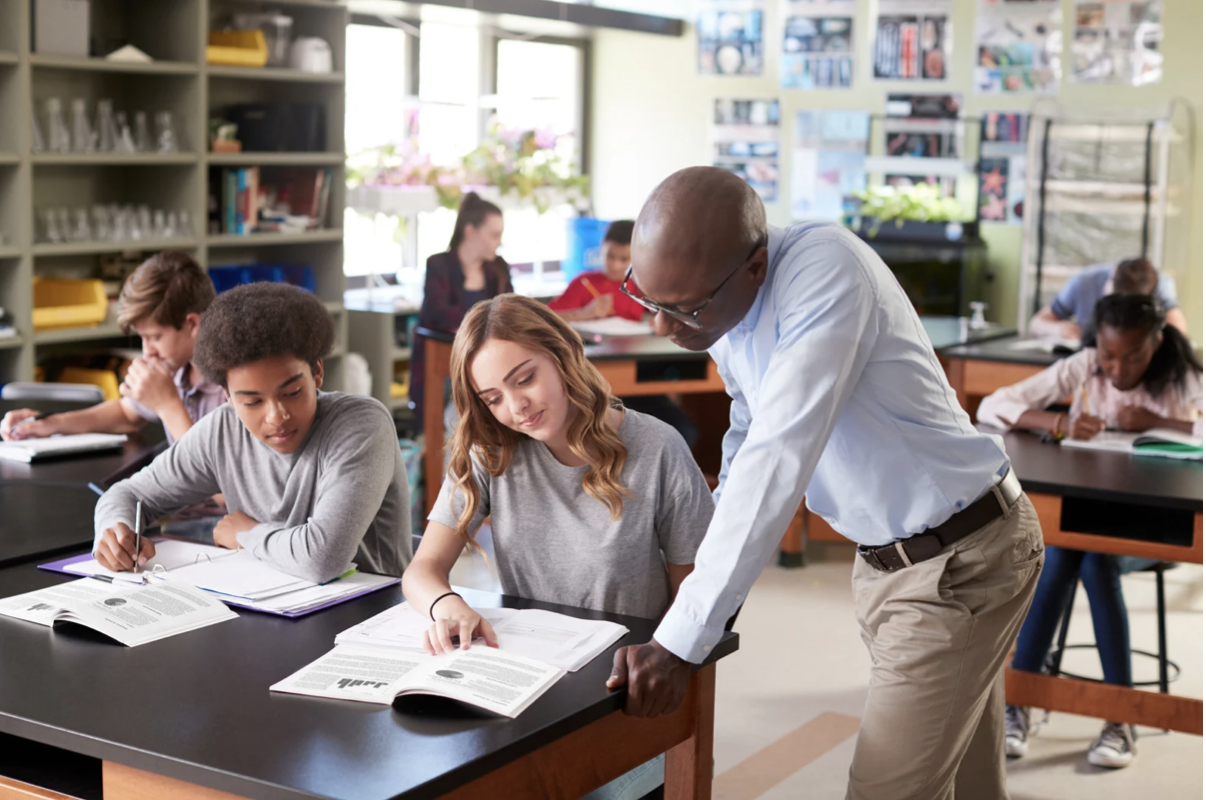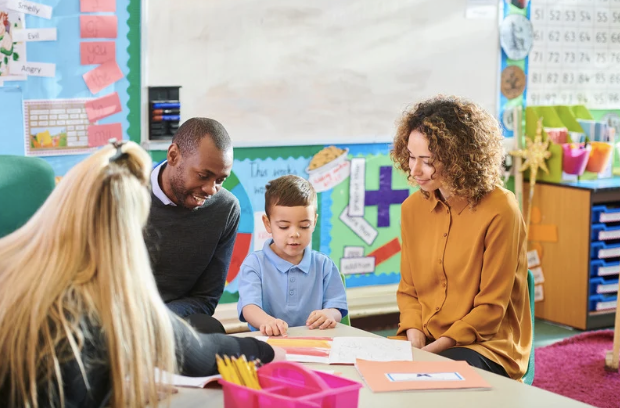Progress Monitoring 101: Tips & Tools to Effectively Monitor Student Goals
An educator’s role is to guide students toward academic, behavioral, and social-emotional growth.
One crucial tool that can significantly contribute to this process is progress monitoring.
Regularly assessing and collecting relevant data on student goals enables one to make informed decisions about interventions and instruction. For many educators, it can feel like an overwhelming process and leave educators feeling like they do not know how to get started, but there are some tips and strategies that can make it feel like a valuable, sustainable part of your daily practice.
What Is Progress Monitoring?
Progress monitoring serves as a compass, guiding educators toward evidence-based instructional decisions. By systematically collecting and analyzing data, educators can gain a deeper understanding of their students’ strengths, areas for improvement, and specific instructional needs.
Whether it be academic, behavioral, or social-emotional goals, timely progress monitoring allows educators to identify ineffective strategies or interventions and adapt their practices accordingly.

Progress Monitoring in Special Education
In special education, progress monitoring stands as a cornerstone of Individualized Education Programs (IEPs).
By consistently documenting student progress, educators can determine the effectiveness of intervention strategies and modify them as needed. Progress monitoring also helps in measuring the attainment of annual goals, establishing baselines, and providing valuable information during IEP team meetings. It promotes collaboration between educators, parents, and service providers, ensuring students receive the targeted support necessary for their academic success.
5 Tips for Effective Progress Monitoring
Progress monitoring is equally vital for general education classrooms. By systematically tracking student progress, educators can identify areas where students excel or struggle, allowing for strategic instructional planning.
With an evidence-based understanding of students’ strengths and struggles, teachers can differentiate instruction, provide timely interventions, and continually optimize their teaching methods. This leads to authentic growth and maximized potential for all students within a diverse classroom.
1. Establish clear, measurable goals
Goals should be specific, attainable, and directly aligned with individual students’ needs. Ensure that all stakeholders understand and are invested in the goals.
2. Select appropriate assessment measures
Choose assessment tools that accurately measure progress towards the established goals. Consider using a variety of methods, such as formal assessments, observation, and student work samples.
3. Systematize data collection
Create an organized system to collect and analyze progress monitoring data. This might include utilizing digital platforms, spreadsheets, or specialized progress monitoring apps.
4. Regularly assess progress
Schedule consistent progress monitoring checkpoints to examine student progress. Frequent data collection will help identify trends and inform instructional decisions.
5. Collaborate and communicate
Engage in ongoing communication with colleagues, service providers, and parents to ensure a comprehensive understanding of student progress. Collaborative discussions allow for shared decision-making and alignment of interventions at home and at school.

Start Monitoring Progress with Creatively Focused (+ Free Tool!)
Progress monitoring is a powerful tool that empowers educators to drive student success. By systematically collecting relevant data about students’ goals, educators can make timely decisions about interventions and instruction, ensuring they cater to individual educational needs.
Whether you are an educator working with special education or general education students, progress monitoring is an essential practice to optimize academic, behavioral, and social-emotional growth. Creatively Focused is dedicated to supporting educators with this and other aspects of their work by providing professional learning, resources, and data collection tools, like this ABC Form for tracking target behaviors.
Download your free Progress Monitoring resource today!
Written by Kalin Schoephoerster, Instructional Designer & Licensed Special Education Teacher & Coordinator
